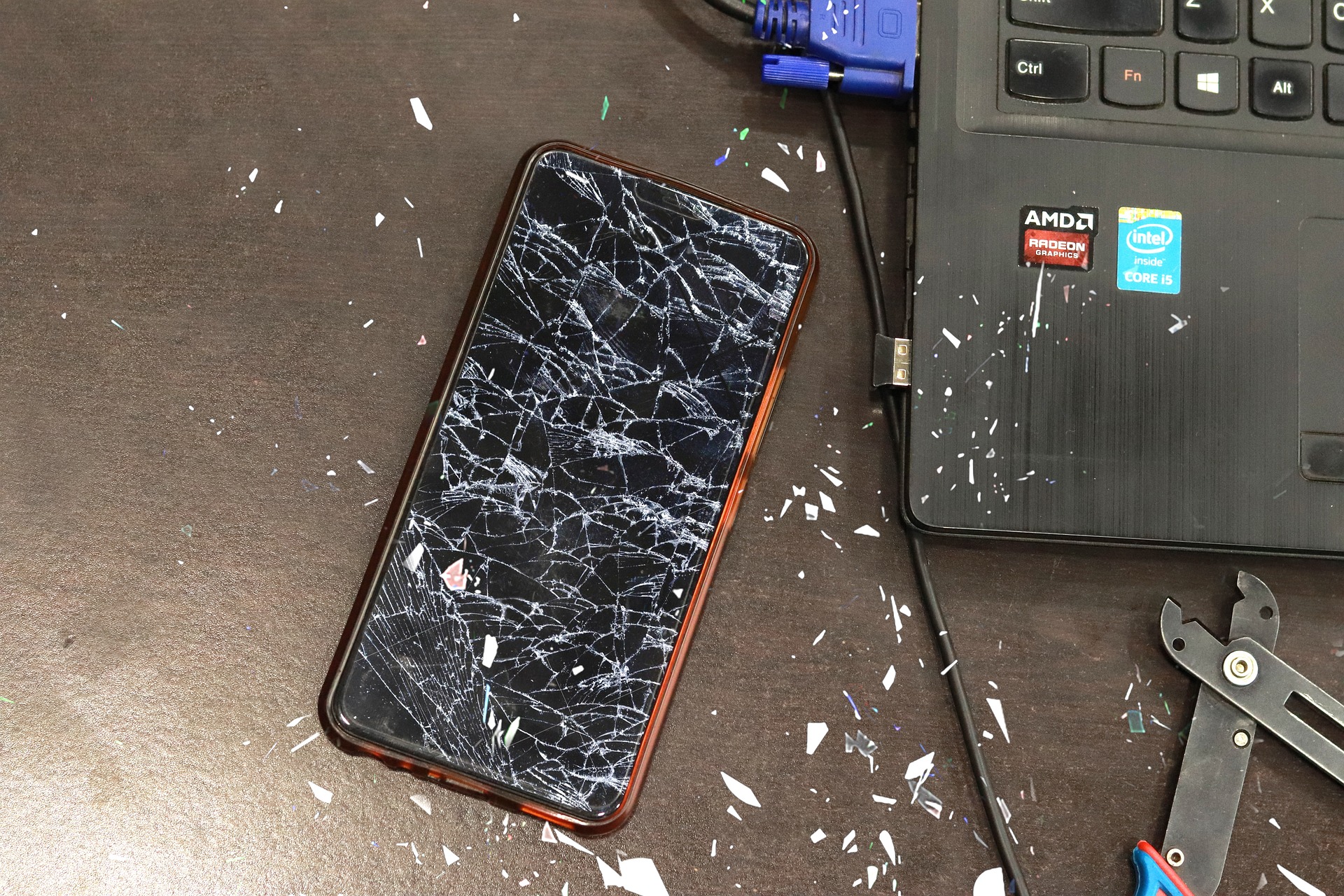Every year, more electronic devices are released to the market, claiming to be “the next big thing.” The companies that create these popular devices – such as phones and TVs – don’t often think about the long-term consequences of flooding the market with electronics that will be tossed out and thrown away as soon as a newer model is created. Some companies even contribute to the issue by purposefully designing their products to break or become obsolete quickly, a strategy known as “planned obsolescence.” To do your part in reducing the overall amount of e-waste sitting in landfills and dumpsters, you should learn how to properly recycle your old electronic devices.

Ways To Reduce The Need For Recycling
Everything created will end up in the trash someday, whether it takes one year or ten. Learning how to recycle your products is fantastic, but there are steps you can take prior to recycling to extend the lifespan of the device, even if you personally do not have a use for it.
To begin, determine the reason why you are considering purchasing a brand-new device. Is your phone screen cracked? Is your computer starting to run slowly? Easily upgradeable or repairable electronic devices should be utilized for as long as possible, even if repairing or upgrading is more complex than buying one from the store. Not only will you help reduce e-waste, but you will also undoubtedly save money compared to purchasing a new device.
Upgrading to a new phone or computer is also an excellent opportunity to donate or hand down your devices to younger members of the family or needy individuals in your local community. Even if your device is running slower than you would like, many people who put less focus on their device’s speed and capabilities would gladly accept it. Many STEM (Science, Technology, Engineering, and Math) programs in elementary and middle schools could benefit from old computer parts, devices, and cables. Even nonfunctional devices can be broken apart to teach students about the inner workings of electronics and electronic devices. Your trash could have a whole other life before it finally ends up recycled.
Recycling Your Electronic Devices
If there is no alternative use, your device will have to be recycled at some point. You have many options, most of them simple, to recycle an electronic device. Many retail locations specializing in electronics have dedicated bins where you can deposit e-waste, which will be recycled in-house by the store. Check with the store to ensure they accept what you intend to bring. This solution can take as little as 5 minutes and makes a small dent in the evergrowing problem of e-waste in landfills.
To make some return on your initial investment, you can call a local recycling plant or salvage company. Often, you can be compensated monetarily depending on the materials that can be extracted, such as copper and motherboards. It’s a win-win; you receive a small payment, and the company gets a device they can salvage that would have alternatively made its way into a landfill.
Before you get rid of an electronic device, it is always best practice to wipe the hard drives and memory of any sensitive and personal information. Upgrading to new devices should also have you thinking about the power draws that something like a TV or computer might put on your electrical system.
Promise Electric provides residential and commercial electric services to the greater Sarasota area. Our team of master electricians is committed to making sure your electrical needs are met safely and efficiently.


